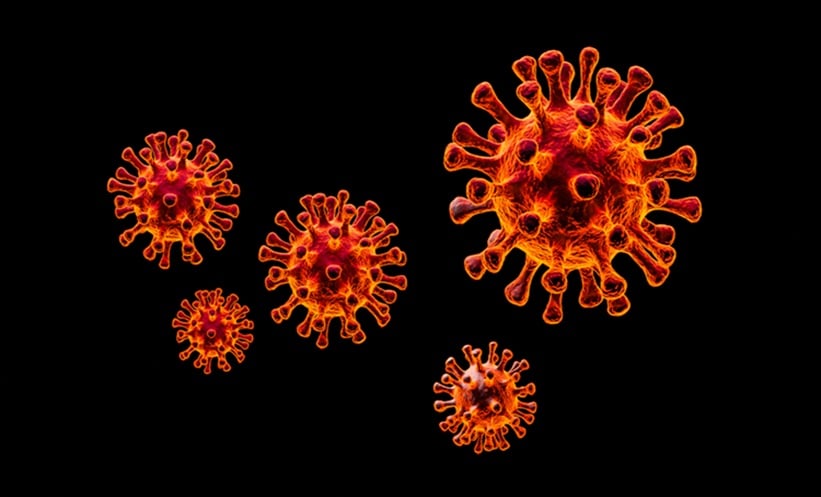LONG COVID, also known as post-acute sequelae of SARS-CoV-2 infection, is a complex and multifaceted condition defined broadly as symptoms that persist beyond four weeks after initial infection. Manifesting on various forms symptoms range from fatigue and breathing difficulties to cognitive impairments and although many associate long COVID with these primary symptoms, over 200 distinct symptoms have been documented, revealing the condition’s heterogeneity and multisystem impact.
The wide spectrum of symptoms and varying severity levels complicate efforts to diagnose and treat long COVID, prompting researchers to explore different phenotypes that could lead to more targeted treatment approaches. It is estimated that around 10% of those infected with COVID-19 develop long COVID, translating to over 67 million cases globally. Notably, long COVID has been identified across all levels of initial infection severity, even affecting individuals with mild symptoms. This widespread prevalence underscores the need for better diagnostic criteria and an increased awareness of post-acute symptoms, not only for COVID-19 but for other respiratory infections as well.
Historical data on other viral infections like SARS-CoV-1 and MERS reveal similar patterns of long-term complications, although research on these has been limited to severe cases. What sets long COVID apart is its occurrence among people with mild or asymptomatic cases and its broader range of symptoms, including unique neurocognitive issues such as memory problems. In comparison with other non-COVID-19 acute respiratory infections (ARIs), individuals with long COVID report a higher frequency of symptoms such as taste or smell disturbances, dizziness, and fatigue. However, many post-acute symptoms are not unique to COVID-19, suggesting that other ARIs could also lead to lasting health issues that are not yet fully recognised or diagnosed.
The heightened focus on long COVID presents a unique opportunity to explore the post-acute impacts of other respiratory illnesses and, as more longitudinal studies emerge, researchers can better understand the trajectories and mechanisms of recovery for these conditions, aiding in the development of comprehensive care strategies.
Katie Wright, EMJ
Reference
Vivaldi G et al. Long-term symptom profiles after COVID-19 vs other acute respiratory infections: an analysis of data from the COVIDENCE UK study. EClinicalMedicine. 2023;65:102251.








